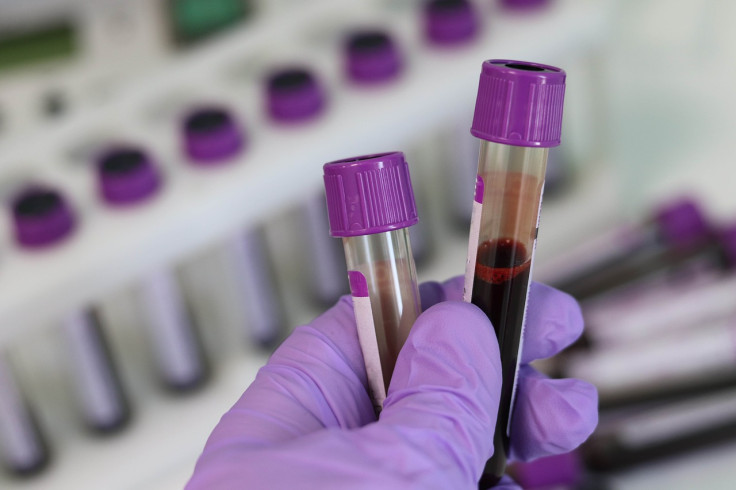Alzheimer's breakthrough: Blood test shows promise in detecting disease early before onset
Blood test breakthrough opens the possibility of detecting the degenerative disease many years before memory starts declining.
It is possible to detect Alzheimer's disease up to 20 years before it actually manifests through a blood test which involves measuring tau protein levels.
Discoveries and innovation in blood testing are boosting hopes that a simple way of detecting Alzheimer's disease, several years before symptoms appear, is very near. U.S. and European scientists reveal data from their research, "Discriminative Accuracy of Plasma Phospho-tau217 for Alzheimer Disease vs Other Neurodegenerative Disorders" shows levels of a particular form of tau protein, an indicator of Alzheimer's, may be found in the blood.
A blood test developed by a research team at Sweden's Lund University can detect variations in the brain some 20 years before the symptoms of dementia occur. "This test, once verified and confirmed, opens the possibility of early diagnosis of Alzheimer's before the dementia stage, which is very important for clinical trials evaluating novel therapies that might stop or slow down the disease process," said Dr Oskar Hansson, the study's senior author and professor of clinical memory research at Lund University.
During the recent Alzheimer's Association International Conference, the authors reported results of several encouraging studies on blood test innovations for abnormal versions of the tau protein. Dr Amanda Heslegrave, senior research fellow at University College London's UK Dementia Research Institute, applauded the "exciting" discoveries but urged caution at the same time. "You could not say that they indicate a definitive test for potential Alzheimer's disease is available right now," she said.
The study suggests p-tau217 levels increased during the early phase of the disease. Accumulation of tau "tangles" is believed to be closely associated with cognitive decline.
At present, spinal fluid tests and scans are the only methods in detecting changes in the brain that happen before symptoms of Alzheimer's dementia appear. However, these procedures are costly and invasive.
The research team at Lund University pinpointed a highly precise, blood-based measurable indicator for Alzheimer's disease detection by gauging the levels of the blood's p-tau217. Researchers at Washington University School of Medicine in the US arrived at similar results after examining the p-tau217 levels in the blood, adding that it could give everyone a more vivid picture of the degenerative disease as a brain (PET) scan.
Dr Randall Bateman, a Charles F. and Joanne Knight Distinguished Professor of Neurology at Washington University, stated that the findings of researchers support the notion that tau variants in the blood are potentially useful for detecting and diagnosing the pathology of Alzheimer's disease. He added that it could replace the more expensive PET imaging.
© Copyright IBTimes 2025. All rights reserved.




















